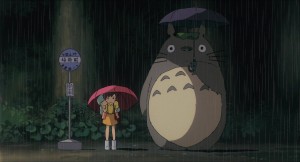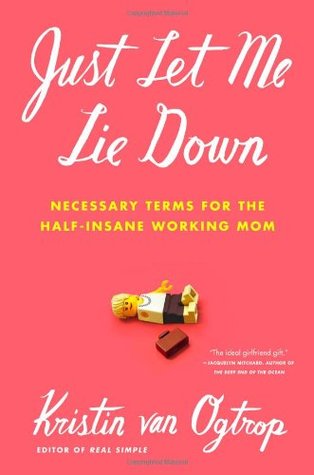
Earlier this year I visited Walden Pond with my family. It was early April, there was still ice on the pond, and the day was quiet, cool, and lovely.
In the adjoining bookstore, the standing contradiction to Thoreau’s own “Simplify, Simplify,” which you can get on a T-short or a mug, my husband G and I decided it was long past time to actually read Walden, so we hemmed and hawed and finally bought the lovely Everyman’s edition.
G tried to read it. Gave up. Said it was boring. I chose it for one of my book groups, determined to read it.
G was not wrong. There are parts that are really boring. In fact, I had trouble reading this and staying awake. Given that my two key reading times are after lunch and before bed, that became a problem.
I was also surprised to find him often braggy and insufferable, especially in the opening long section “Economy” as when he said
I have lived some thirty days on this planet, and I have yet to hear the first syllable of valuable or even earnest advice from my seniors. (8)
The passage in which he exhorts a young farmer to not work so hard and buy less food was also irritating.
In his defense, he was 28 when he began this book, and it’s easy to feel superior when you’re young, white, male, healthy, and can dinner at your mom’s or your friend Emerson’s all the time. A sobering fact was realizing that I’ve lived a few years longer than he did. And his book was full or some beautiful nature writing, as in the ant-war passage in Brute Neighbors, as well as stunning sentences that made me stop to chew them over.
One of my favorites of all: Beware of all enterprise that require new clothes. (21)
There the usual suspects:
The mass of men lead lives of quiet desperation. (7)
and of course,
I went to the woods because I wished to live deliberately, to front only the essential facts of life, and see if I could not learn what it had to teach, and not when I came to die, discover that I had not lived. (80)
Part of the beauty of the book is getting a fuller picture of what he means by this, but also knowing that his 2 year experiment was just that–he didn’t (couldn’t?) live his life that way.
Some more worth pondering:
In the long run, men hit only what they aim at. Therefore, though they should fail immediately, they had better aim at something high. (24)
the cost of a thing is the amount of what I will call life which is required to be exchanged for it (27)
Our life is frittered away by detail. (81)
this only is reading, in a high sense, not that which lulls us as a luxtury and suffers the nobler faculties to sleep the while but what we have to stand on tip to to read and devote our most alert and wakeful hours to (93)
rather as I had to do to read Walden.
I found in myself, and still find, an instinct toward a higher, or as it is named, spiritual life, as do most men, and another toward a primitive rank and savage one, and I reverence them both. I love the wild not less than the good. (187)
and, expanding on this a few pages later:
We are conscious of an animal in us, which awakens in proportion as our higher nature slumbers. It is reptile and sensual, and perhaps cannot be wholly expelled; like the worms which, even in life and health, occupy our bodies. Possibly we may withdraw from it, but never change its nature. I fear that it may enjoy a certain health of its own that we may be well, yet not pure. (195)
As for why his nature writing has endured, this passage spoke to me:
I cut my way first through a foot of snow, and then a foot of ice, and open a window under my feet, where, kneeling to drink, I look down into the quiet parlour of the fishes, pervaded by a softened light as through a window of ground glass, with its bright sanded floor the same as in summer; there a perennial waveless serenity reigns as in the amber twilight sky, corresponding to the cool and even temperament of the inhabitants. Heaven is under our feet as well as over our heads. (252)
This combined both nature and philosophy:
our prospects brighten on the influx of better thoughts. We should be blessed if we lived in the present always and took advantage of every accident that befell us, like the grass which confesses the influence of the slightest dew that falls on it, and did not spend our time in atoning for the neglect of past opportunities, which we call doing our duty. We loiter in winter while it is already spring. (278)
And of many parts of the conclusion, I’ll select this, though there are many more I flagged:
if one advances confidently in the direction of his dreams, and endeavours to live the life which he has imagined, he will meet with a success unexpected in common hours. (286)
In conclusion of my own, Walden is not an easy read, but it’s a rewarding one. If you can sift through the dross and stay awake, there are treasures aplenty.


